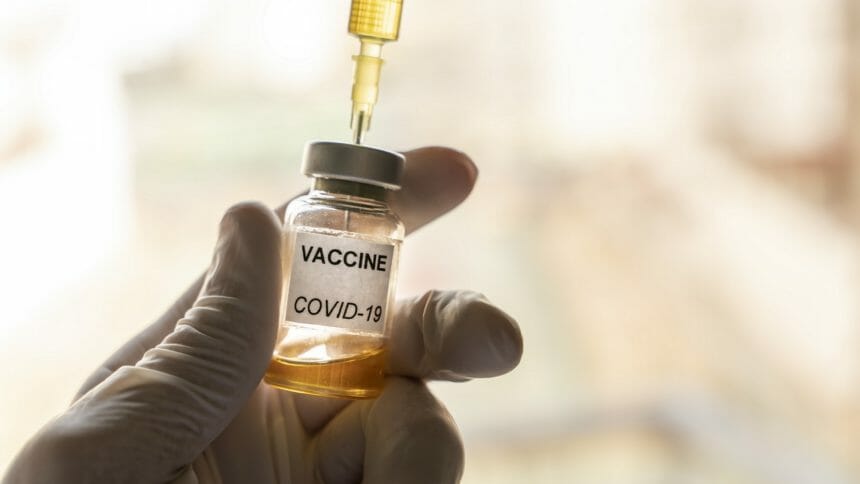
In an effort to attract prospective residents and fill vacant units amid the ongoing COVID-19 pandemic, some senior living operators have been adding vaccine access to their marketing toolbox. A handful of operators are finding, however, that this bold approach may not be sitting well with some.
A flyer sent out recently by New Perspective Senior Living, which operates two dozen senior living communities throughout the Midwest, advertised early COVID-19 vaccine access for new residents. In response, the Minnesota Department of Health reported the operator to the state’s attorney general’s office, according to an article in Forbes on Friday.
A New Perspective spokesman told Forbes that the company “never intended to misrepresent or deviate from the goal of the vaccination plan recommended by the CDC and implemented by our state health department. Our intention was to provide information to prospective residents and their families about their ability to access the COVID-19 vaccine while honoring the vaccination prioritization set up by the state.” The firm has since pulled the flyer from distribution.
Another long-term care operator, Tall Oaks Assisted Living in Reston, VA, similarly marketed vaccine access to potential residents, offering a “vaccination staycation” to those who booked a month-long stay at the facility.
The offer attracted the attention of local health officials, according to a Washington Post article on Sunday. State Del. Kenneth R. Plum (D-Fairfax), whose district includes Tall Oaks, told the media outlet that he worried the ad would give seniors the false impression that they must pay to receive a coronavirus vaccine when, under county and state guidelines, they already are eligible to receive the doses, free of charge.
“I don’t want older people to think the way to get ahead on the schedule for getting their vaccination is to go sign yourself up for an expensive facility,” he said. “It has the smackings of buying the vaccine when you don’t have to do that.”
Critics say that offering “early vaccine access” in exchange for a product or service seemingly contradicts the Centers for Disease Control and Prevention guidelines meant to give the vaccine based on need. But others say that it falls in a legal gray area and that it is not clear that the businesses are breaking any rules. The federal guidelines are voluntary, and states and localities can, and have, given the vaccine to who they want.
“It isn’t clear whether anybody’s recommendations are binding, and it isn’t clear what the penalties are if you don’t follow them,” Arthur Caplan, a bioethics professor at New York University’s Grossman School of Medicine, told Forbes.




